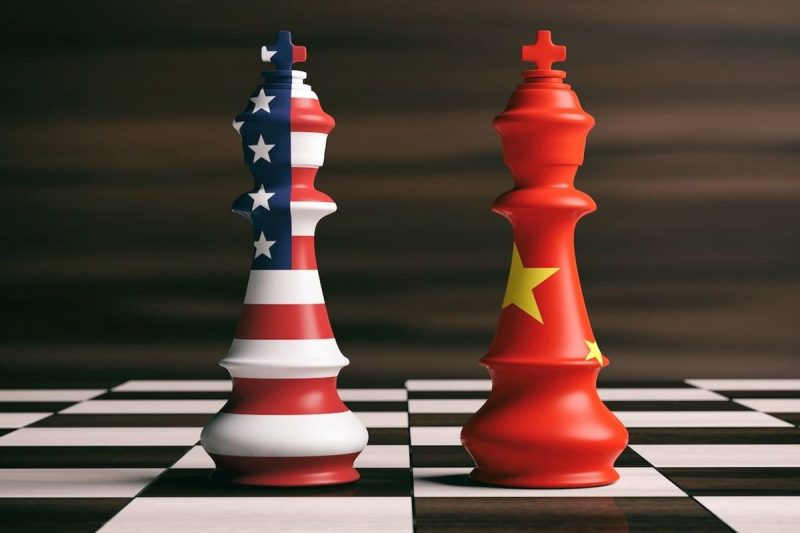The Biden administration’s proposed ban on Chinese vehicles has sparked debates and raised concerns over potential espionage threats, reflecting the complex dynamics between global politics, national security, and economic interests. USA has long been cautious about China’s technological advancements and the potential security risks associated with Chinese companies operating within its borders, and this latest move is part of a broader strategy to address such concerns.
The decision to propose a ban on Chinese vehicles is rooted in the growing tensions between the two countries, particularly in light of China’s increasing dominance in various industries. By citing espionage concerns, the Biden administration is highlighting the potential risks posed by Chinese vehicles having access to sensitive technologies and data that could compromise national security. This move also underscores the administration’s commitment to safeguarding American interests and protecting critical infrastructure from potential threats.
The proposed ban has drawn mixed reactions from various stakeholders, with critics arguing that it could have negative implications for trade relations and innovation in the automotive industry. Some believe that such bans could spark retaliatory measures from China and escalate tensions further, leading to a potential trade war that could harm both economies. However, proponents of the ban argue that it is a necessary step to ensure national security and protect sensitive information from falling into the wrong hands.
It is important to note that the proposed ban on Chinese vehicles is just one aspect of a broader strategy aimed at addressing the challenges posed by China’s technological advancements and the potential risks associated with its growing influence in global markets. The Biden administration is likely to face continued pressure to take a strong stance on China’s activities, especially in sensitive sectors such as automotive manufacturing, where the implications for national security are significant.
As the debate around the proposed ban continues to unfold, it is essential for policymakers to consider the implications of such measures on trade relations, technological innovation, and national security. Striking a balance between protecting American interests and fostering international cooperation will be crucial in navigating the complex dynamics of global politics in the face of growing challenges posed by countries like China.
